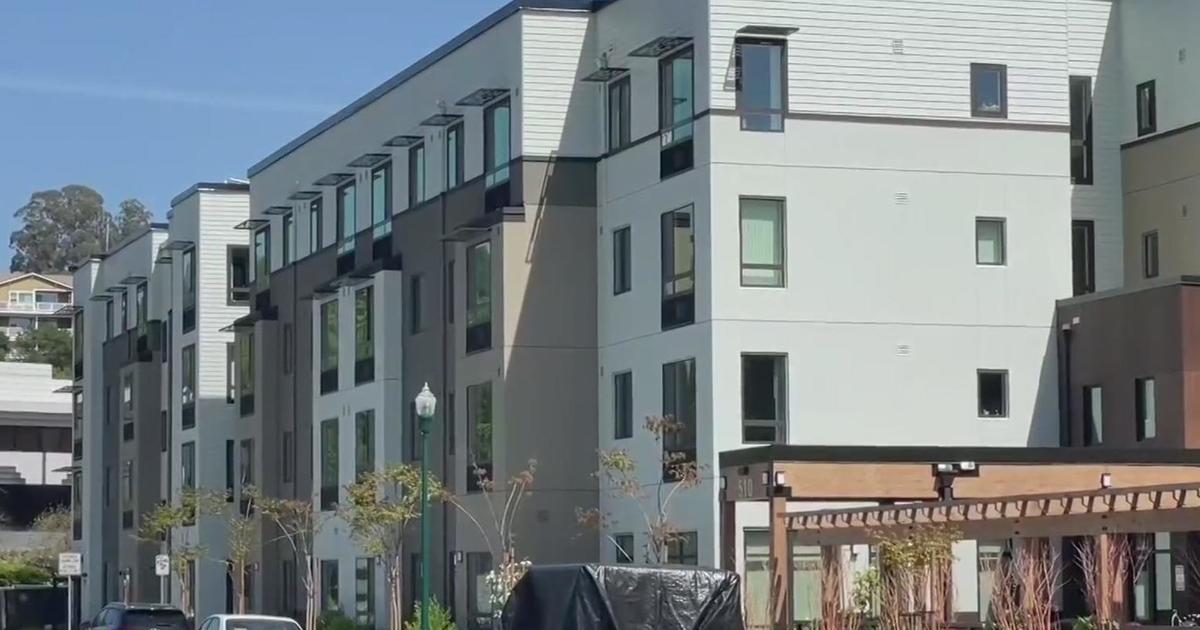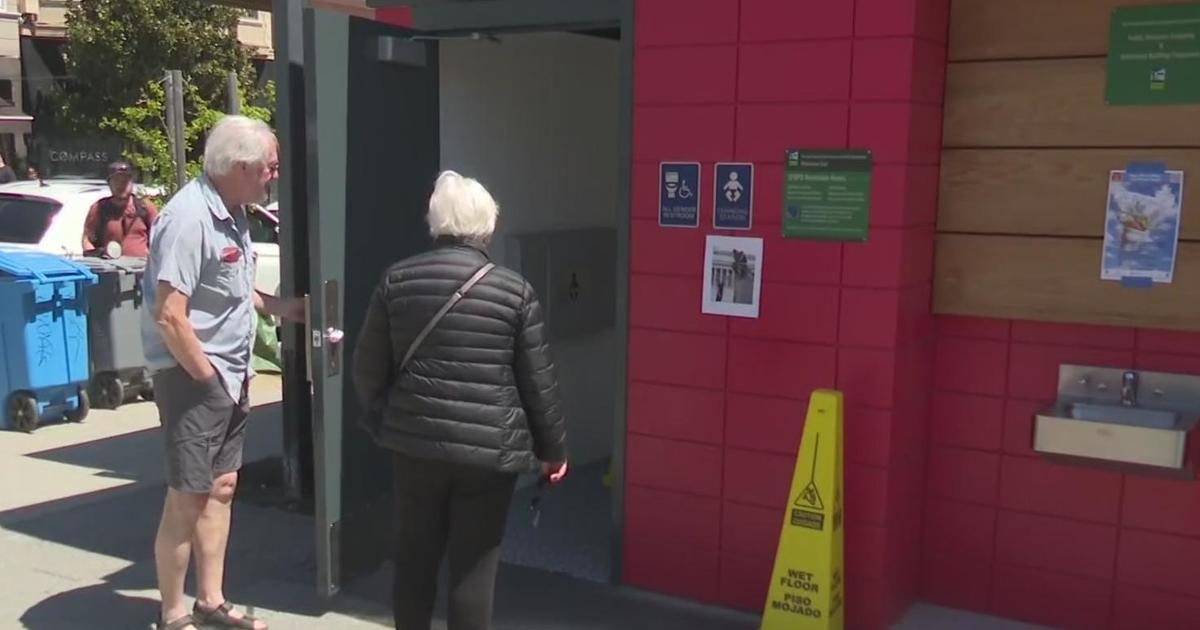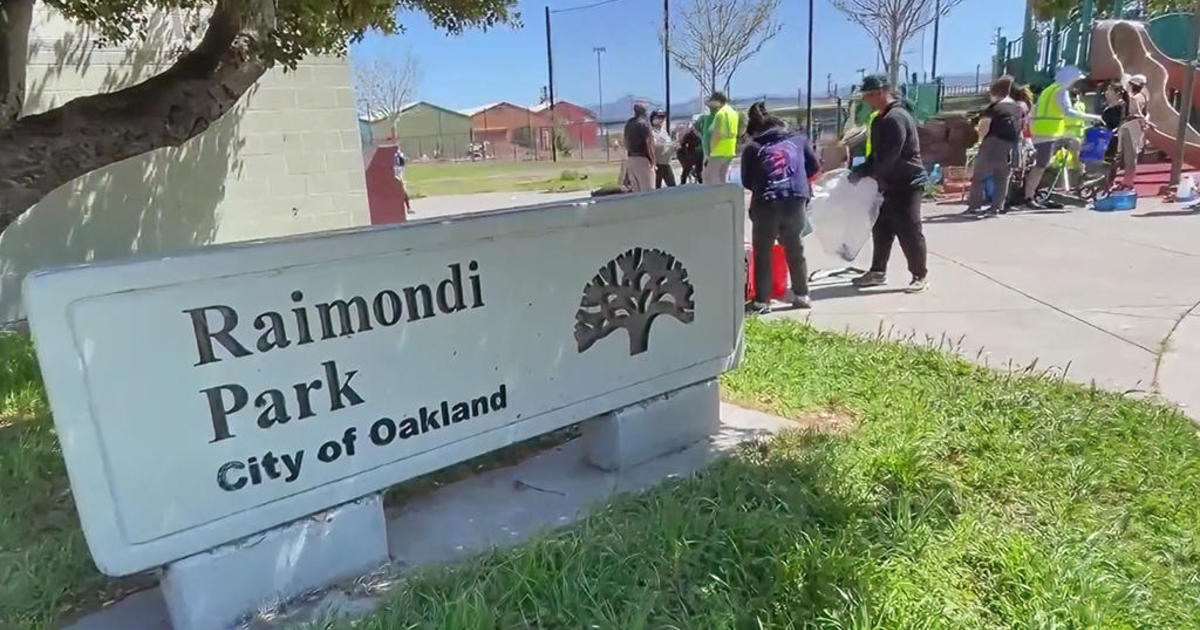Grand Jury: Oakland Facing $860M Retiree Healthcare Cost Crisis
OAKLAND (CBS SF) – The Alameda County Grand Jury says in its annual report that the city of Oakland's unfunded retiree healthcare benefits are an $860 million "crisis" that is starting to undermine the city's fiscal health and could cause its bond ratings to be downgraded.
The panel says that Oakland, like many other public agencies, "faces a fiscal crisis because elected officials did not understand the implications, including future costs, of the promises they were making" for retiree healthcare benefits and pension costs.
City officials chose to pay only current costs of retiree healthcare as billed instead of putting enough money away to fund future healthcare benefits for active employees, the Grand Jury alleges.
The result, the panel says in its report, is that related debt increases by more than $40 million annually and as of fiscal year 2016 the city's total liability for future healthcare benefit costs reached "a staggering $860 million."
The Grand Jury warns, "By using this deferred payment process, elected officials are leading the city toward service insolvency."
To address the problem, the city should have paid about $75 million in 2017 but it only budgeted $27 million to pay the benefits it owed that year, along with $20 million to partially fund future benefits in the 2017-2019 proposed budgets, according to the panel.
The shortfall of nearly $40 million each year equals the total budgets for all city libraries along with parks and recreation, or the equivalent of the cost of nearly 200 police officers or firefighters, the Grand Jury says.
The panel says it is "concerned that, without radical changes, the city will never be able to pay for what it promised" and the dilemma is already starting to crowd out essential government services.
The Grand Jury says Oakland officials have been warned about the siutation surrounding healthcare retiree benefits since at least 2006, when an outside consultant did an actuarial report that "dropped a number of fiscal bombshells" that were presented to the City Council.
However, the panel says, "City leaders took no action other than ordering further study of the problem and potential solutions" and it found no evidence that the city ever followed up with the promised study.
The report says the city established an irrevocable trust fund in 2014 to address its unfunded retiree healthcare pension costs but as of September of 2017 the fund's balance was just over $15 million, which only represents about 2 percent of the unfunded liability.
The Grand Jury says, "While this was a step in the right direction, it was not nearly enough to make a meaningful dent in the unfunded liability" and anything less than a $50 million annual contribution to the trust ends up increasing the total liability rather than amortizing it.
The panel warns, "Continuing the program of pay-as-you-go, without making a dent in the unfunded liability for future benefits, raises the prospect of massive budgetary cutbacks to programs deemed essential to the safety and welfare of its citizens."
The Grand Jury says, "Oakland's failure to take the tough steps necessary to address the problem has pushed its budget to the straining point, even in this period of relative economic prosperity."
Failing to take bold action "risks worsening Oakland's bond ratings, imperiling its borrowing power, thus making Oakland a less desirable place to live and work," the panel warns.
The Grand Jury says the city must immediately develop a plan to address the problem "or accept that municipal bankruptcy is an option in the future."
City of Oakland spokeswoman Karen Boyd said in a statement, "The city agrees with the Grand Jury: it is crucial that the city develop a plan and policy to address the problem of rising liabilities because pay-as-you-go is not a sustainable option long-term, as outlined in a recent staff report to the City Council."
Boyd said, "To properly address and develop a comprehensive plan to tackle the unfunded liabilities, the city will be engaging all prospective stakeholders, such as labor unions, employees, management, and the City Council, to develop a multi-pronged approach to address the issue."
She said that last week, as part of the mid-cycle budget for fiscal 2018-19, the City Council approved $150,000 in funding to hire industry experts to help the city explore various funding options and cost-reduction strategies.
Boyd said city staff has committed to return to the council no later than January 2019 to present a recommended policy to address the city's obligations, consistent with the Grand Jury's findings and recommendations.
© Copyright 2018 CBS Broadcasting Inc. and Bay City News Service. All Rights Reserved. This material may not be published, broadcast, rewritten or redistributed.



